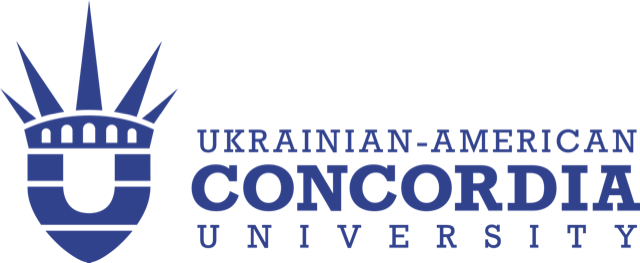This course introduces the concept of Green Economics and its importance in the current global geopolitical challenges. Green Economics refers to the application of economic principles and theories towards sustainable development and environmental conservation. The course will provide an understanding of the principles of Green Economics and the role of governments, businesses, and individuals in promoting a sustainable economic system.
The course will cover topics such as the concept of sustainable development, environmental economics, circular economy, and green energy. Students will learn about the benefits of adopting a green economic model, including reduced environmental impact, increased economic efficiency, and improved social welfare. The course will also address the challenges of transitioning to a green economy, such as resistance to change, lack of funding, and policy constraints.
The course will be delivered through a combination of lectures, readings, case studies, and discussions. Students will be encouraged to critically analyze current economic models and propose alternative solutions based on Green Economics principles. At the end of the course, students will be equipped with the knowledge and skills to assess the economic and environmental impacts of policies and strategies and make informed decisions towards a sustainable future.

